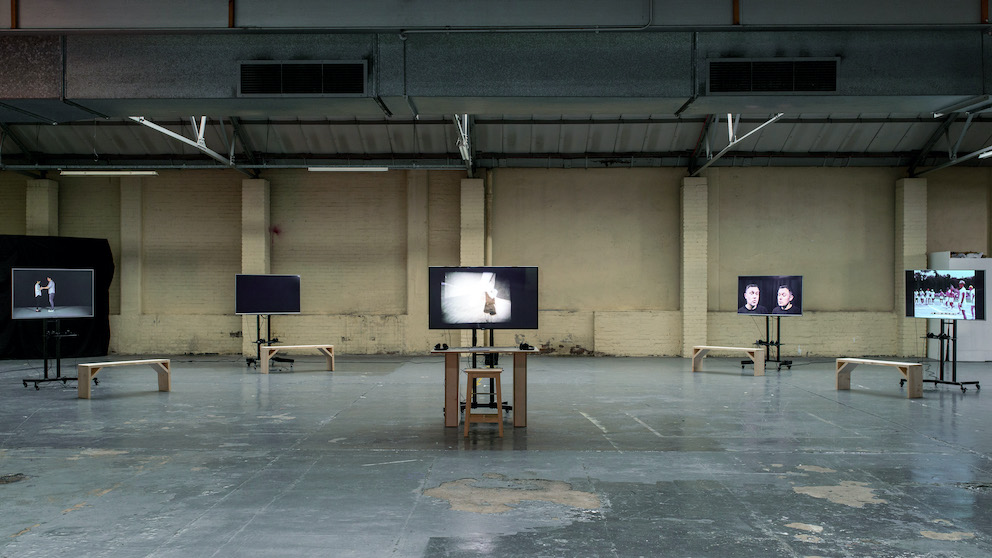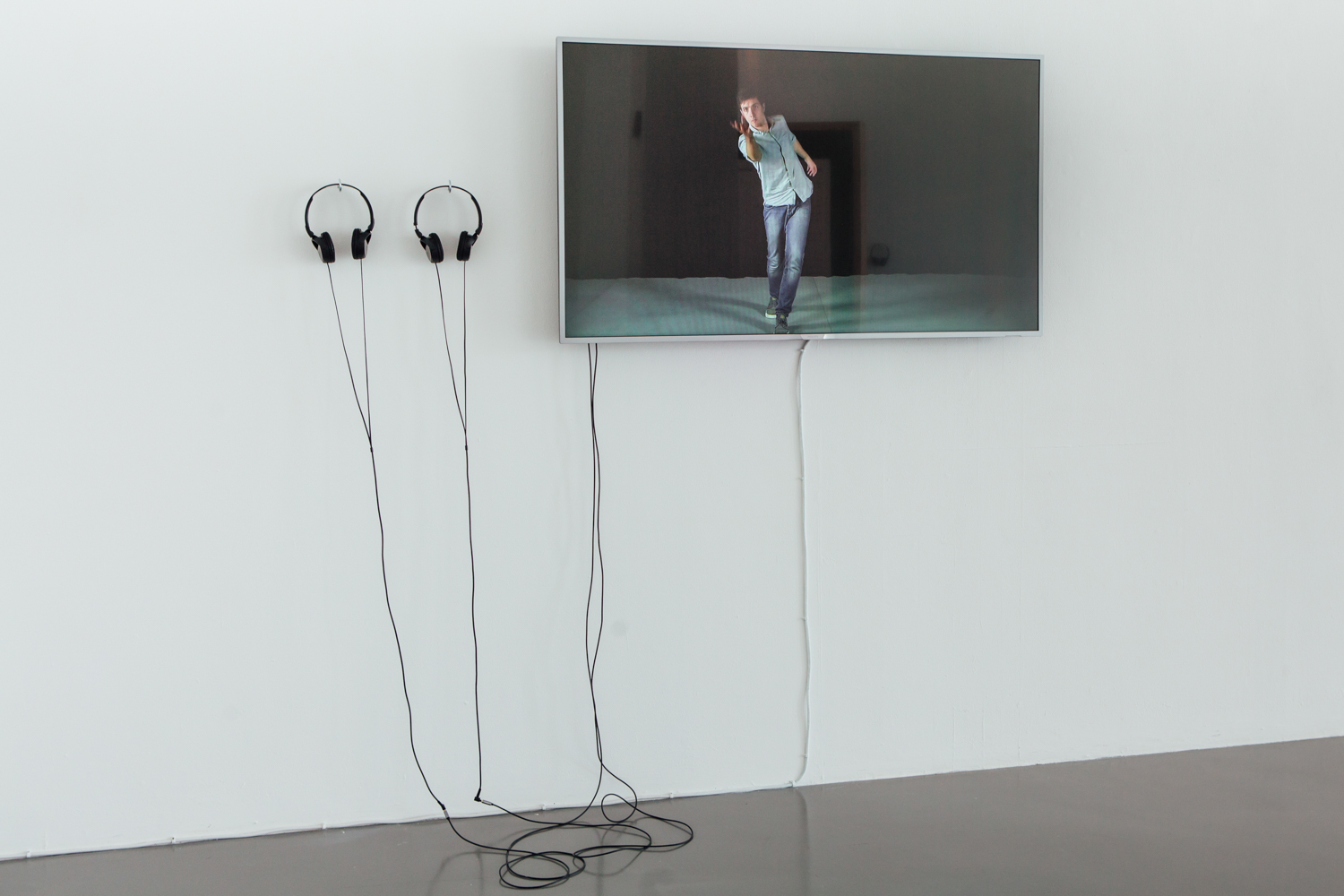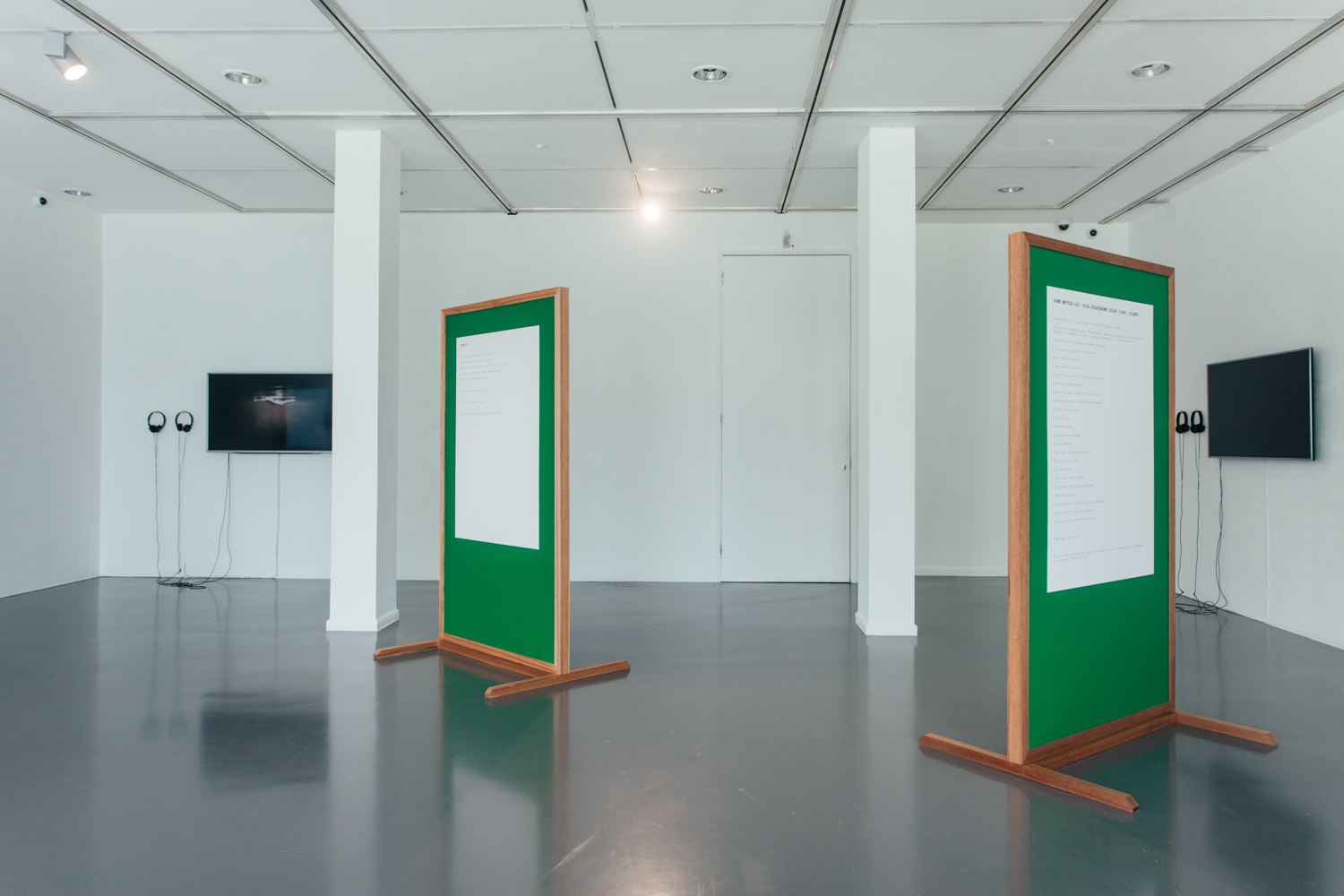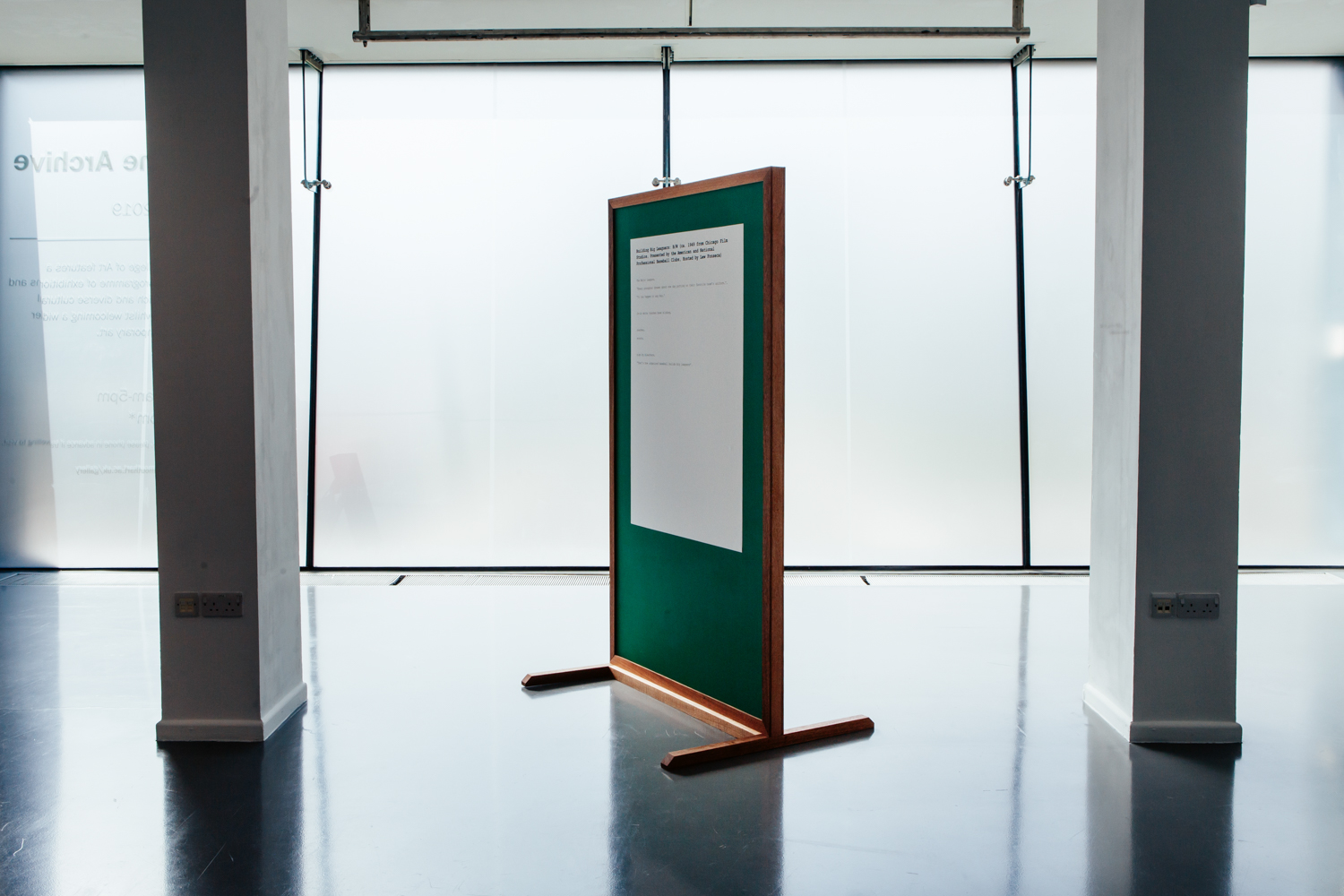Meeting the Archive through an Interdisciplinary Practice
Doctoral Thesis, Sept 2019
![]()
This Doctoral thesis - which includes both an exhibition and a written element - demonstrates how artists are able to draw attention to the instability and heterogeneity of archives.
The exhibition Meeting the Archive was made up moving image and performed work. The was created through seeking and responding to instructive footage negotiated through institutionalized collections, their digital counterparts and the expanding and ceaseless online equivalents. Paige took a performative approach to seeking, and sometimes forcing, relationships between the found artefacts and himself in creating this work.
Doctoral Thesis, Sept 2019

This Doctoral thesis - which includes both an exhibition and a written element - demonstrates how artists are able to draw attention to the instability and heterogeneity of archives.
The exhibition Meeting the Archive was made up moving image and performed work. The was created through seeking and responding to instructive footage negotiated through institutionalized collections, their digital counterparts and the expanding and ceaseless online equivalents. Paige took a performative approach to seeking, and sometimes forcing, relationships between the found artefacts and himself in creating this work.
The thesis deliberates on the destabilising effect where the archivist, librarian or specialist and physical artefact are not present. Taking a playful approach to the performing body and re-enactment strategies, he tests the archive authority and stability, where his preoccupations around instruction, betterment, humour and identity are played out. He used footage from the Prelinger Archive, the Macdonald Collection held at the Library of Congress in Washington DC and online Google searches.
These digital and in the case of the Macdonald collections, physical searches have used key terms such as; learning, sport, leisure, exercise, bowling, training and education. In the case of the motion pictures films additional searches were - famous or seminal scenes American movies 1980’
These digital and in the case of the Macdonald collections, physical searches have used key terms such as; learning, sport, leisure, exercise, bowling, training and education. In the case of the motion pictures films additional searches were - famous or seminal scenes American movies 1980’
What this thesis demonstrates is how as an artist is able to draw attention to a perceived instability of digital and online archives. How they are accessed, shared and utilised impacts how their provenance becomes secondary to a subjective creative process.
Paige reasons artists can contribute to the questions that he has around the authority of archival collections when placed online. Using humour, personal anecdote, embodied and re-enactment practices Paige emphasises a disjuncture between an authorial archive and its digital equivalence and how an art practice might respond and highlight these perceived fraught and collapsing conditions.
Access to written component of thesis here.
Paige reasons artists can contribute to the questions that he has around the authority of archival collections when placed online. Using humour, personal anecdote, embodied and re-enactment practices Paige emphasises a disjuncture between an authorial archive and its digital equivalence and how an art practice might respond and highlight these perceived fraught and collapsing conditions.
Access to written component of thesis here.
Meeting the Archive
Mirror, Plymouth College of Art
2019
Mirror, Plymouth College of Art
2019





